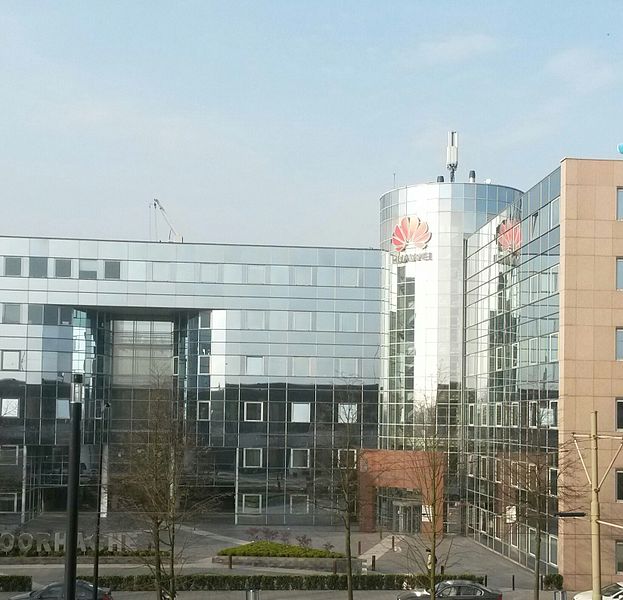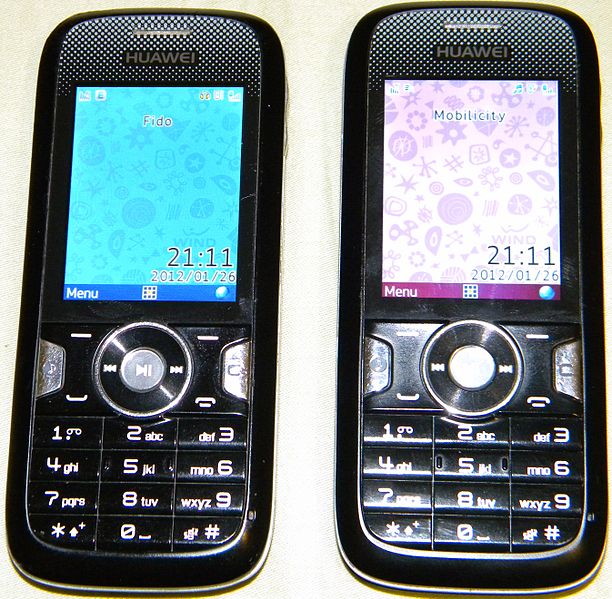 | « Back to article | Print this article |
Huawei to launch 4G smartphones for $100 in India
Chinese smartphone maker Huawei is planning to launch mass-market fourth-generation (4G) smartphones priced at around $100 (Rs 6,000) in India next year.
The move comes as part of its strategy to increase the company’s sales of mobile devices to take on the might of Apple and Samsung.
Currently, the company sells a small quantity through the retail trade.
Cai Liqun, chief executive officer, Huawei Telecommunications (India), says, "The company has already developed its own chipset to build cost-effective smartphones that would work seamlessly across technologies and spectrum.
Please click NEXT to read further. . .
Please click here for the Complete Coverage of Budget 2014 -15
Huawei to launch 4G smartphones for $100 in India
“Also we will give a big push to selling mobile devices, in the retail space that we had started two years back but on a limited scale.
“By 2017, we have targeted about $600 million from devices’ business in India, which includes smartphones and data dongles that will be 30 per cent of our revenues."
It targets to total revenue from Indian entity at $2 billion by 2017, as Indian telecom operators have started investing in building network capacities again, after a lull period of a couple of years.
It had posted revenue of $800 million in 2013.
Please click NEXT to read further. . .
Please click here for the Complete Coverage of Budget 2014 -15
Huawei to launch 4G smartphones for $100 in India
The move by the company to introduce 4G devices at the low-price level is expected to give a big boost to the LTE (long-term evolution) 4G launches, expected in the coming months and next year from Reliance Jio, Bharti Airtel and Vodafone among others.
Currently, 4G device prices are as high as Rs 20,000.
Huawei, the world’s second largest supplier of telecom network equipment, is also focussing on devices globally to compete against companies like South Korea’s Samsung that is entering into the telecom network equipment space.
To begin with, the company hopes to sell over one million smartphones this year.
Liqun says it will also look at setting up a manufacturing unit for devices once volumes picks up.
Please click NEXT to read further. . .
Please click here for the Complete Coverage of Budget 2014 -15
Huawei to launch 4G smartphones for $100 in India
However, Huawei raised concerns on the delay they are facing in increasing their manufacturing base in India.
Liqun says they had applied for a licence for element management system in producing all kinds of network equipment in India last year.
However, there was no support from the government in the past seven to eight months.
It plans to invest $300 million in its R&D centre in Bengaluru, where it has already pumped in $150 million in the past three years.
“We need the government’s support. We hope that the new government will extend support in establishing manufacturing facilities here,” he added.
Please click NEXT to read further. . .
Please click here for the Complete Coverage of Budget 2014 -15
Huawei to launch 4G smartphones for $100 in India
Liqun also questioned the preferential market access guidelines policy of the government saying the value addition parameters are too high for the companies right now.
“We can start with about 10 per cent of localisation which would grow over the years,” he added.
The government had proposed up to 50 per cent localisation on product-to-product basis to achieve them in India.
“The government should come out with more liberalised PMA regime in consultation with industry stakeholders.
“This policy should be framed in a way that helps the companies.
“At the moment, not all products can be made here, as the ecosystem is not ready, since there is no component-base for them.
“So, how can we achieve the high-value addition?” he asked.
Please click here for the Complete Coverage of Budget 2014 -15




